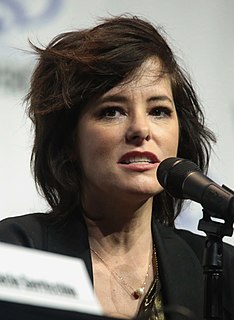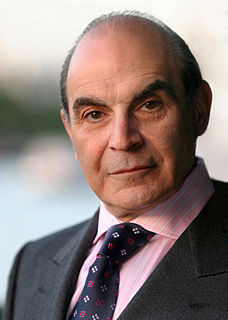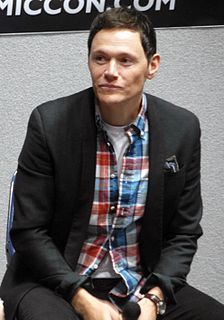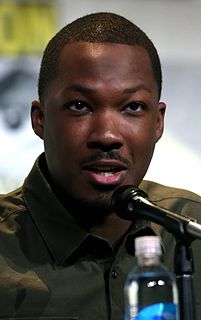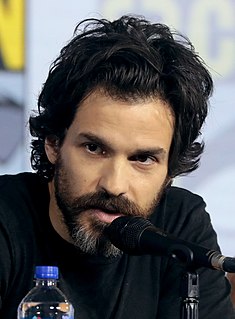A Quote by James Cromwell
My definition of a character actor is - they never get the girl.
Quote Topics
Related Quotes
In 'The Trip,' I play the character named Ananya Makhija, a Delhi girl who wants to get married. This is a different character from whatever I have portrayed onscreen so far - of a sweet, small-town girl. Most importantly, you will not find a trace of my character from 'Masaan.' So, I think this will change my image of a small-town girl.
Every director is always directing around the play. If you have an actor who really doesn't get the character well enough, you have to direct the play around that character. You have to make choices with that actor. If you have an actor that really doesn't get the role and has certain visions of the role, sometimes you have to direct around that actor.
When you go for something because you're curious about it, you get psyched up about the chance of getting into it. It's like an actor meets a role, and you slip into that body and see what happens, to experience certain conditions, to adopt a certain character. Even shooting is a study of the character. I think both the character and the actor, and eventually the filmmaker - myself - are finding a way to accept their environment and being accepted and feel comfortable of themselves.

